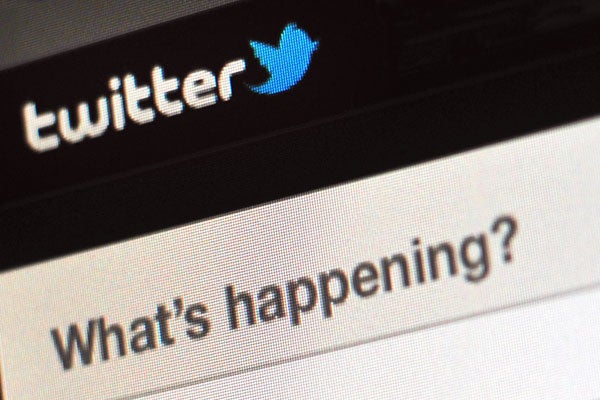Diplomacy in 140 Characters: U.S. Social Media Efforts Ineffective
Franklin Holcomb /
Diplomacy is evolving. “Warriors of the cyber heights can more effectively use information to drive the debate, galvanize action, or befuddle the masses,” Heritage’s James Carafano points out in his book Wiki at War. According to a “Twiplomacy” report by public relations firm Burson-Marsteller, the world’s leaders and diplomatic services are increasingly using social media to spread their messages further. The U.S. government, however, is not among them.
According to a report by the State Department inspector general, the State Department has spent $630,000 on buying “likes” on Facebook, increasing their total number to 2 million. But less than 2 percent of them interact with the State Department’s pages. The State Department’s Facebook and Twitter accounts are not success stories.
Neither are President Obama’s. His Twitter account has accumulated 34.5 million followers since his account was created in 2007, making him the most followed head of state in the world. But these numbers are an illusion. A significant number of his followers are “fake,” and this is reflected in shockingly little interest in the President’s messages. For every tweet the President sends out, only 2,300 people share his message.
In comparison, Pope Francis, who has been steadily gaining followers since he sent out his first tweet four months ago, has only 7 million followers. Every tweet Pope Francis sends out is shared by his followers far more frequently than the President’s. His Spanish-language account alone averages 11,000 “retweets” of every message.
Facebook, Twitter, and other social networks are becoming increasingly important to the United States. Well-run accounts that consistently put out reliable and interesting content create communities that will spread messages effectively, as is the case with the pope’s Twitter followers. Accounts with massive amounts of participants but little interaction or sharing, such as the State Department’s and the President’s, are hollow.
Active online communities can help spread messages online incredibly quickly and reach audiences traditional public diplomacy methods are unable to. The larger these communities are, the better, and increasing the number of participants in online communities is important. They are a means to an end.
Unfortunately, the U.S. government is treating them like an end all their own. The State Department and the President ought to focus on putting out content that will attract interested followers rather than indifferent observers.
Franklin Holcomb is currently a member of the Young Leaders Program at The Heritage Foundation. For more information on interning at Heritage, please click here.

